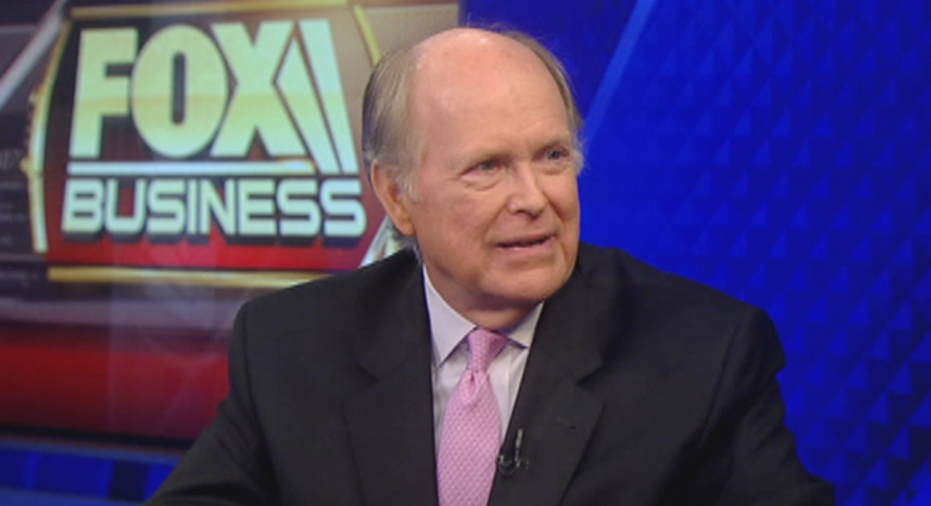Plosser's FOMC Dissent Points To Larger Debate

Philadelphia Federal Reserve President Charles Plosser was the only member of the central bank’s policy setting Federal Open Markets Committee to vote against the Fed’s latest actions announced Wednesday.
But his lone dissent gives voice to a much larger debate taking place over when and how the Fed should eventually raise interest rates.
Plosser, a so-called inflation hawk, believes the Fed should at least consider raising interest rates sooner rather than later. The consensus among Fed economists is that rates won’t move higher until mid-2015.
Interestingly, the same FOMC colleagues with whom Plosser dissented gave a nod toward Plosser’s position in the FOMC statement released Wednesday, conceding that inflation “has moved somewhat closer to the Committee's longer-run objective.”
The Fed has said it won’t consider raising interest rates until inflation rises to a target range of 1.7%-2% and the unemployment rate falls to a range of 5.2%-5.6%.
The Fed’s preferred inflation measure, the personal consumption expenditure (PCE) price index, rose 1.8% in May from a year earlier. Inflation had been hovering at about 1% for months, a figure that led to concerns of deflation. And the unemployment rate is down to 6.1% and could fall even further with a strong July jobs report due on Friday.
Meanwhile, the Fed restated Wednesday in the same language it’s been using for months that it won’t raise rates for “a considerable time” after the Fed’s bond buying purchase program ends, which is widely expected to happen in October.
Plosser’s issue is with the phrase “a considerable time.”
Specifically, according to the FOMC statement, Plosser objected to the Fed’s guidance “indicating that it likely will be appropriate to maintain the current target range for the federal funds rate for ‘a considerable time after the asset purchase program ends,’ because such language is time dependent and does not reflect the considerable economic progress that has been made toward the Committee's goals.”
In other words, inflation is creeping higher and the unemployment rate is ticking lower, in both cases faster than the Fed had projected. So perhaps it would be prudent to reconsider the highly-cautious approach advocated by the FOMC’s inflation doves led by Fed Chair Janet Yellen.
And make no mistake, the debate over the timing and trajectory of interest rate hikes is pretty much the sole focus of investors right now in terms of monetary policy. The Fed’s announcement Wednesday that it was continuing to scale back its monthly bond purchases by another $10 billion was met with a shrug on Wall Street.
“It's clear the $10 billion reduction in QE is irrelevant to Wall Street traders as the only top-of-mind issue is a change in interest rates. The clue provided about a potential monetary action, or non-action in this case, was mentioned in the inflation comments. Plosser seems to be the only member eager to move sooner than later,” Todd M. Schoenberger, President J. Streicher Asset Management LLC, said.
At issue is a debate that has hovered over the Fed for years and will continue to as it winds down its unprecedented stimulus policies initiated in the wake of the 2008 financial crisis.
On the one hand, inflation hawks like Plosser have argued that keeping easy-money policies in place too long will eventually lead to runaway inflation. The doves, on the other hand, fear that pulling back on stimulus too soon could shatter an already fragile recovery, pushing the economy back toward recession.
Plosser’s dissent on Wednesday -- and the FOMC’s concession on rising inflation -- provides further evidence that this debate is really just starting to heat up.



















